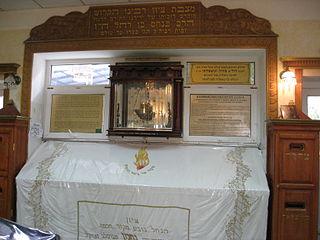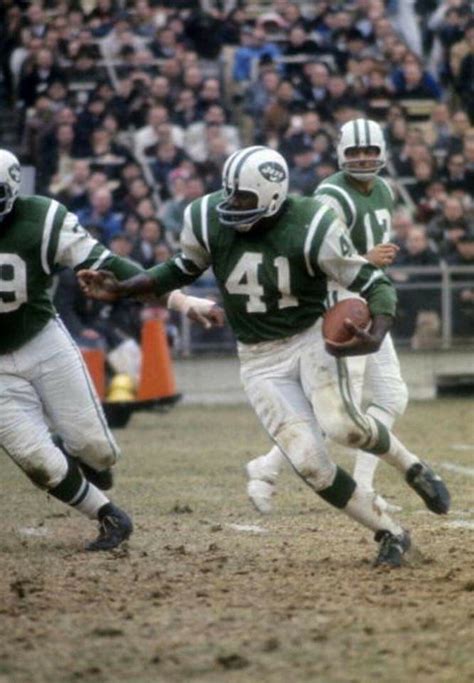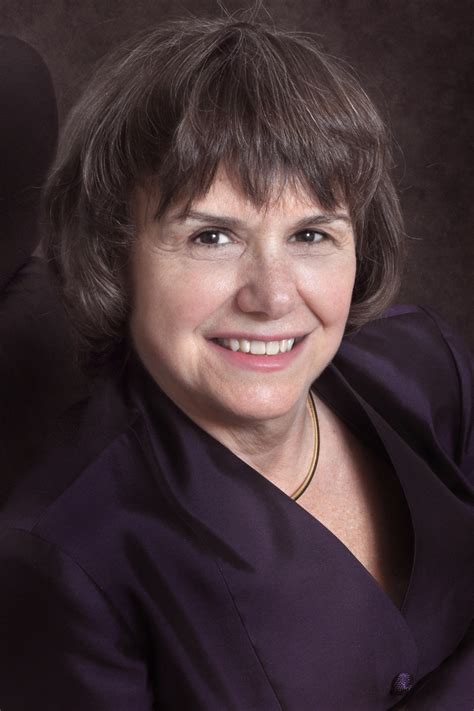A Quote by Megan Boyle
Related Quotes
Fast food may appear to be cheap food and, in the literal sense it often is, but that is because huge social and environmental costs are being excluded from the calculations. Any analysis of the real cost would have to look at such things as the rise in food-borne illnesses, the advent of new pathogens, antibiotic resistance from the overuse of drugs in animal feed, extensive water pollution from intensive agricultural systems and many other factors. These costs are not reflected in the price of fast food.
We believe that part of the answer lies in pricing energy on the basis of its full costs to society. One reason we use energy so lavishly today is that the price of energy does not include all of the social costs of producing it. The costs incurred in protecting the environment and the health and safety of workers, for example, are part of the real costs of producing energy-but they are not now all included in the price of the product.
One can never be too rich or too thin' is an aphorism attributed to the Duchess of Windsor. Being both rich and thin is a difficult enterprise, indeed almost unprecedented as an ideal. Into the paradoxical gap between the capacity to spend money and the need to eat less steps a brilliant solution: 'light' food. In buying 'light' food we can pay more for what costs less to produce in the first place.
Love is costly. T forgive in love costs us our sense of justice. To serve in love costs us time. To share in love costs us money. Every act of love costs us in some way, just as it cost God to love us. But we are to live a life of love just as Christ loves us and gave Himself for us at great cost to Himself.





































